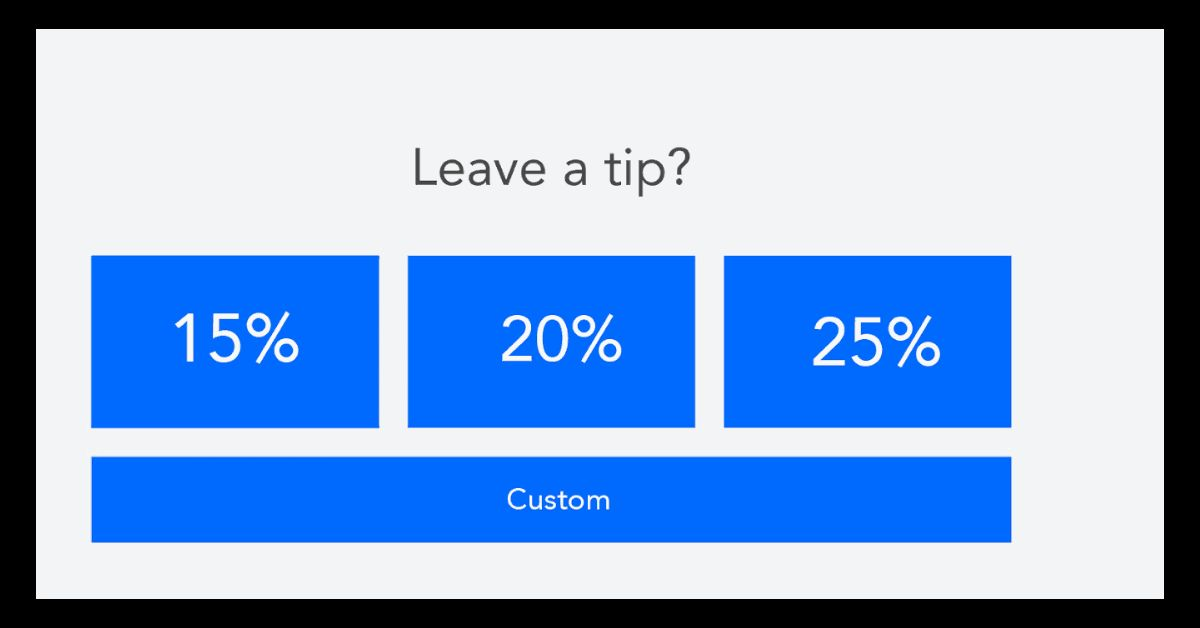Evolution and Impact of American Technology Consulting
Introduction
American technology consulting has become a crucial player in the digital transformation of businesses worldwide. As technology continues to evolve rapidly, companies increasingly depend on the expertise of technology consultants to stay competitive. This article delves into the history, major players, and significant impacts of the American technology consulting industry.
The Evolution of Technology Consulting
The journey of technology consulting began in the mid-20th century, evolving through several transformative phases:
- Mainframe Era (1960s-1970s): Initially, firms like IBM and EDS offered solutions focused on optimizing mainframe computers for large enterprises. This period required highly specialized knowledge to manage these massive machines.
- Personal Computing and Networking (1980s-1990s): The rise of personal computers and networking technologies expanded consulting services to include network design and systems integration. Companies like Accenture (formerly Andersen Consulting) and Deloitte began offering a broader range of solutions.
- Internet and E-commerce Boom (Late 1990s-2000s): The advent of the internet and e-commerce created a surge in demand for web development, cybersecurity, and digital strategy consulting. Firms like Capgemini and PwC adapted to help businesses navigate these new digital frontiers.
- Cloud Computing and Big Data (2010s-Present): The growth of cloud computing, big data analytics, and artificial intelligence has transformed technology consulting. Firms now focus on helping clients innovate and improve efficiency using these advanced technologies. Major players like IBM, McKinsey & Company, and Boston Consulting Group have developed specialized practices in these areas.
Leading Firms in American Technology Consulting
Several firms have established themselves as leaders in the technology consulting field:
- Accenture: Known for its extensive digital, cloud, and security services, Accenture helps organizations embrace new technologies to drive innovation and efficiency.
- Deloitte: Combining deep industry knowledge with technological expertise, Deloitte offers solutions in areas like cybersecurity, cloud strategy, and enterprise applications.
- IBM Global Services: Leveraging its history of innovation, IBM provides advanced consulting in AI, cloud computing, and even quantum computing.
- McKinsey & Company: Famous for its strategic consulting, McKinsey now also focuses on digital transformation and advanced analytics.
- Capgemini: With a strong emphasis on digital transformation, Capgemini provides comprehensive consulting services from strategy to implementation.
The Impact of Technology Consulting
Technology consulting significantly influences the business world in various ways:
- Driving Innovation: Consultants help businesses leverage cutting-edge technologies, fostering innovation and maintaining a competitive edge.
- Enhancing Cybersecurity: As cyber threats grow more sophisticated, consultants play a critical role in protecting organizational data and systems, developing robust cybersecurity strategies.
- Facilitating Digital Transformation: Consultants guide companies through the complex process of digital transformation, helping modernize legacy systems, adopt cloud solutions, and integrate advanced analytics.
- Boosting Operational Efficiency: Through process optimization and technology integration, consultants help businesses streamline operations, improve productivity, and enhance customer experiences.
- Supporting Regulatory Compliance: With constantly changing regulations, especially in industries like finance and healthcare, consultants provide the expertise needed to ensure compliance and avoid penalties.
Challenges and Future Trends
Despite its successes, the technology consulting industry faces several challenges:
- Rapid Technological Change: Keeping up with the latest advancements and integrating them into consulting practices is a continuous challenge.
- Talent Shortage: The demand for skilled technology consultants often exceeds supply, creating a competitive job market.
- Cybersecurity Threats: As consultants assist clients with cybersecurity, they must also safeguard their own systems against breaches.
Looking ahead, several trends are poised to shape the future of technology consulting:
- AI and Automation: Integrating AI and automation into consulting practices will enhance service delivery, providing more precise and efficient solutions.
- Sustainability: Consultants will increasingly focus on helping businesses adopt sustainable practices through technology, addressing environmental concerns and regulatory pressures.
- Personalization: As data analytics advance, consulting services will become more personalized, offering tailored solutions that meet specific client needs.
Conclusion
American technology consulting has become essential in the modern business landscape, driving innovation, enhancing cybersecurity, and facilitating digital transformation. As the industry continues to evolve, it will remain a critical partner for organizations navigating the complexities of the digital age. With ongoing technological advancements and a commitment to addressing emerging challenges, the future of technology consulting looks both dynamic and promising.




Post Comment